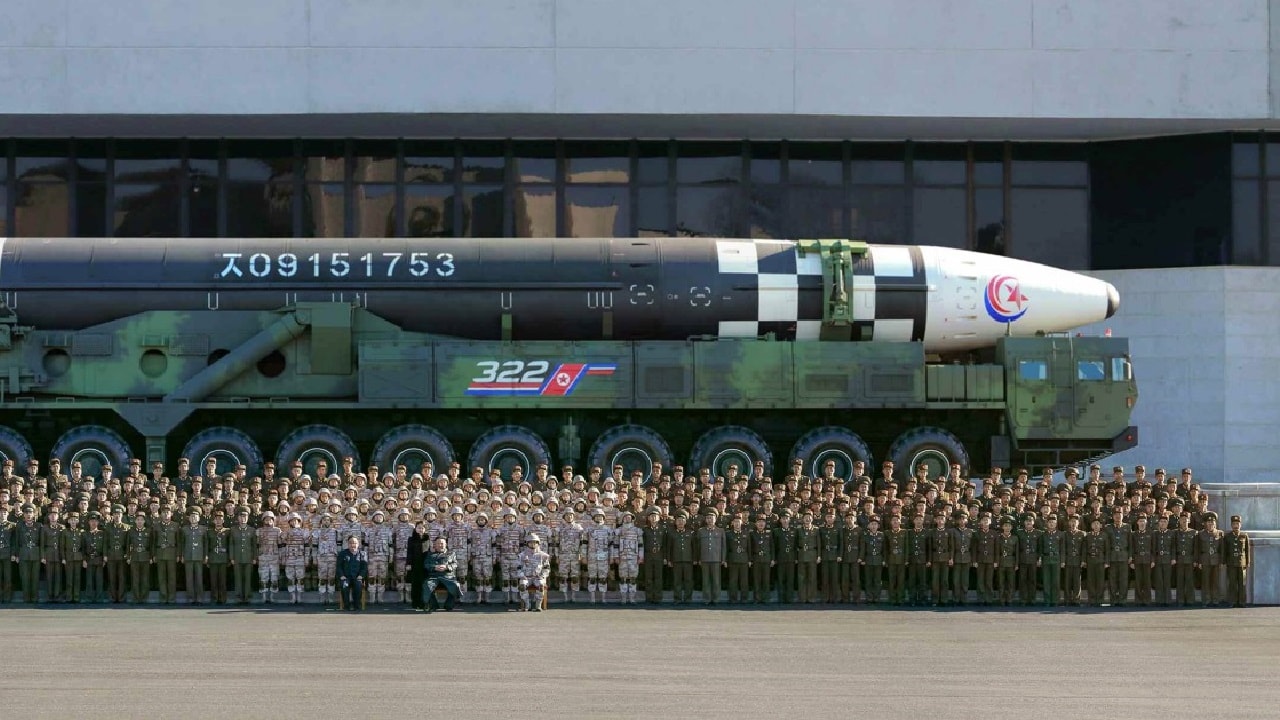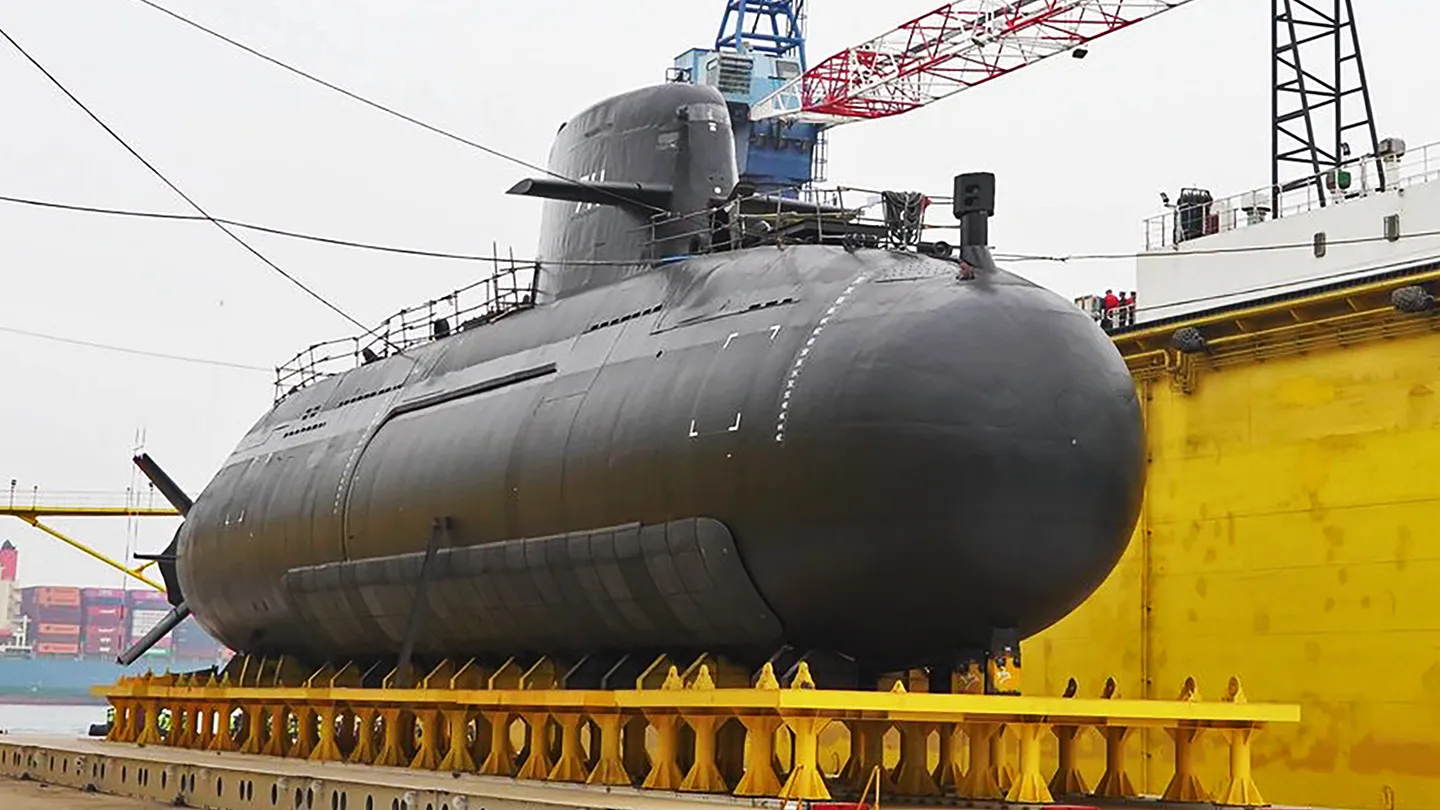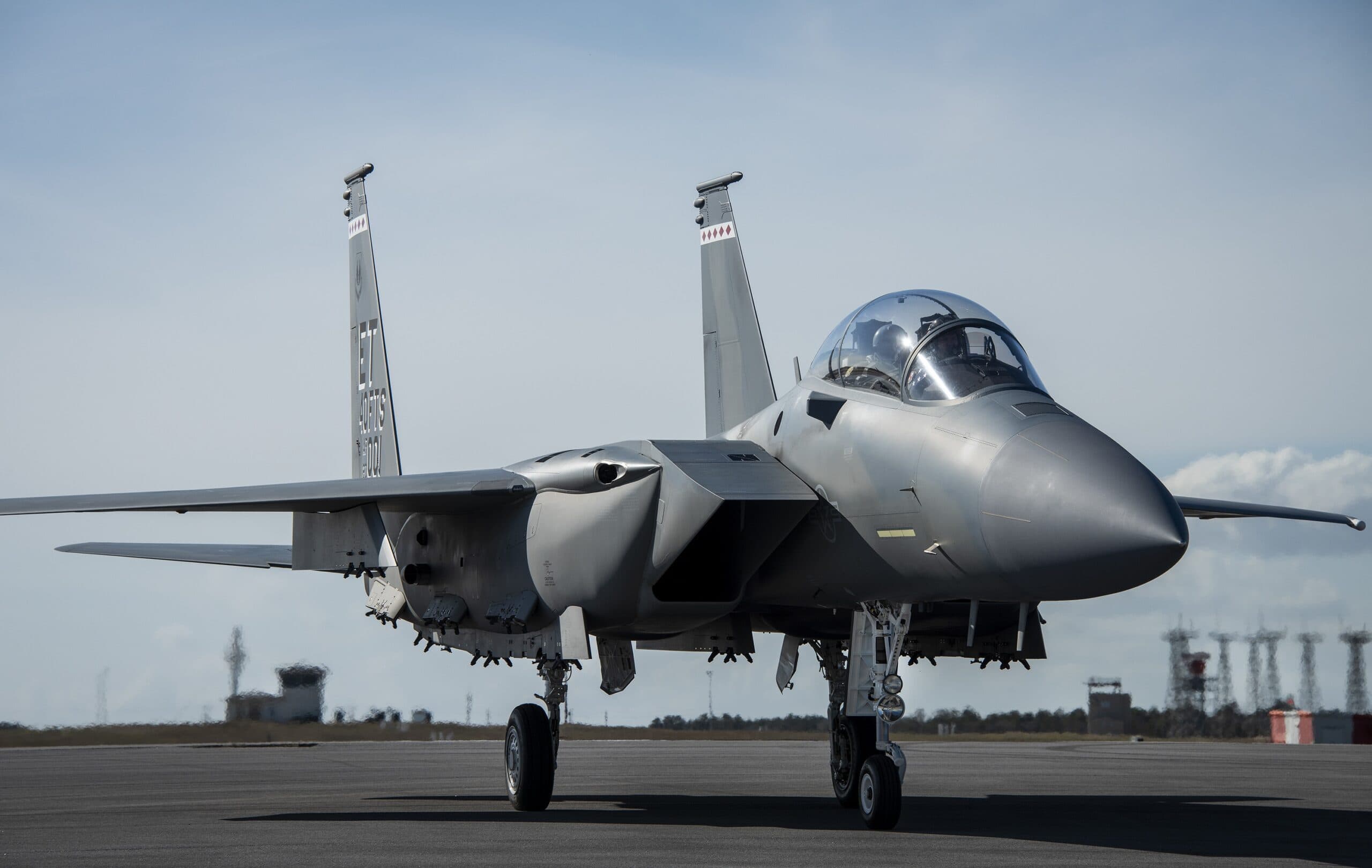It is Time to Synchronize U.S. Strategy in INDOPACOM: Korea and Taiwan Are Interrelated Challenges Requiring an Integrated Security Architecture: The United States must no longer treat Taiwan and South Korea as isolated security problems. The two countries are strategically interconnected, and failure to defend one will almost certainly compromise the defense of the other. A new security architecture must therefore be built that synchronizes all U.S. and allied forces in the Indo-Pacific Command (INDOPACOM) theater. It should integrate our allies in the region – especially Japan, South Korea, the Philippines, and Australia – and harmonize defense-industrial bases into a combined arsenal of democracy.
To deter adversaries, the United States and its allies must demonstrate they can fight from the clinch and dominate inside the first island chain.
A New Security Reality Requires Strategic Integration
For decades, the U.S. national security community has compartmentalized the challenges in East Asia, treating Korea and Taiwan as distinct strategic problems. That approach is no longer tenable. As the 2025 Annual Threat Assessment makes clear, China and North Korea (along with Russia and Iran) are engaged in active “adversary cooperation.” Their operations are mutually reinforcing, and they exploit seams in U.S. and allied planning. Attempting to defend Taiwan while allowing the Korean Peninsula to fall—or vice versa—would result in strategic disaster for the United States.
Thus, the United States must stop treating INDOPACOM threats as separate. It must build a comprehensive theater-wide strategy, operationalized through unified planning and synchronized commands, and with its allies it must establish an integrated deterrence posture that spans the region.
This effort must begin with strategic clarity from Washington and strategic innovation within the region. No more stovepiped contingencies. No more one-contingency-at-a-time thinking. The theater must be understood—and defended—as an integrated whole.
Practitioner Strategists Must Lead, Not Beltway Theorists
It is therefore imperative that Indo-Pacific strategy be written in the theater, not in the Pentagon. Washington, D.C. is indispensable for political leadership, interagency coordination, and oversight, but it is not where the practitioners with regional expertise reside. The U.S. needs theater strategists who understand the terrain, the allies, the adversaries, and the tempo of operations in INDOPACOM.
Recent public testimony by Admiral Samuel Paparo (Commander, INDOPACOM) and General Xavier Brunson (Commander, United Nations Command, ROK/US Combined Forces Command and United States Forces Korea), demonstrated an unprecedented level of synchronization and strategic integration. In my nearly 40 years of personal observation, I have never seen such apparent or essential alignment between theater commanders.
Admiral Paparo spoke powerfully about the importance of the Korean Peninsula to broader regional deterrence. General Brunson repeatedly emphasized the unique contributions that U.S. Forces Korea and the ROK-U.S. Alliance can provide—not just on the peninsula, but throughout the region. The fact that both commanders spoke to each other’s domains is evidence of a shift toward a truly integrated theater approach.
Their complementary posture statements (here and here) before the Senate Armed Services Committee in April reinforced this shift. Each commander expressed staunch opposition to any reduction in U.S. forces in Korea. Brunson unequivocally supported maintaining the 28,500-troop floor in the National Defense Authorization Act, and Paparo warned that any U.S. withdrawal from Korea would almost certainly lead to war.
Such candor is refreshing—and vital. It directly contrasts with the narrow, China-only focus of certain Washington-based pundits, who dangerously downplay the strategic importance of Korea. Chief among them is the new Undersecretary of Defense for Policy Elbridge Colby, who said in 2024: “U.S. forces on the peninsula in my view should not be held hostage to dealing with the North Korean problem, because that is not the primary issue for the U.S.”
Despite his significant intellectual contributions, Colby frankly lacks practitioner experience and regional expertise. His view that Korea is of lesser importance is not only misguided, but potentially catastrophic.
Toward an Integrated Architecture: From Strategy to Structure
Strategic clarity must be matched with structural innovation. Up to this point I had long advocated establishing a new unified command, a Northeast Asia Command, to give greater priority to the defense of South Korea, a U.S. treaty ally. However, I now believe a new security architecture is required—one that includes not only all U.S. forces assigned to INDOPACOM, but also those apportioned from the continental United States for regional contingencies.
Moreover, this architecture must be built in partnership with key allies. South Korea, Japan, Australia, and the Philippines must be seen not as separate partners in separate theaters, but as interconnected components of a regional alliance network. Their combined capabilities—land-based fires, naval power, intelligence, missile defense, and cyber operations—must be orchestrated to deter aggression from China and North Korea. Not only are allied forces integral to deterrence and defense, but these countries’ geostrategic locations also allow for great support and flexibility throughout the theater and for both contingencies. This would not be an “Asian NATO,” but a unique security architecture built from the traditional silk web of U.S. friends, partners, and allies in the region.
One specific initiative that should be accelerated is the formation of a joint defense industrial base—a modern arsenal of democracy. A JAROKUS (Japan, ROK, U.S.) shipbuilding and munitions consortium could be an early prototype. It would allow the allies to scale up production, share innovation, and rapidly replenish each other’s stockpiles in a crisis. Coordination in logistics and sustainment, and co-development of critical platforms, will be essential for prolonged deterrence and warfighting endurance.

North Korea ICBM. Image Credit: KCNA.
Such initiatives also help counter adversary strategies of protracted attrition, which both China and North Korea are preparing for. By aligning defense production and logistics systems now, allies reduce the vulnerability of forward-deployed forces and improve their ability to sustain operations in the face of attacks on supply chains and ports by being able to “fight in the clinch,” or the “contact layer.”
A Whole-of-Government and Whole-of-Alliances Approach
Paparo and Brunson presented a shift toward a comprehensive approach, one that is not only joint and combined, but also whole-of-government, across allied governments. The general and the admiral understand that military power alone cannot secure the region. Economic statecraft, information and influence operations, cyber defense, and diplomatic pressure are core ingredients of a coherent campaign.
The U.S. should prioritize multilateral coordination, rather than transactional negotiations focused on burden-sharing. As U.S. Special Operations Commander General Bryan Fenton eloquently stated, the United States must shift from a philosophy of “burden-sharing” to “burden-owning” wherein all allies ensure unilateral defense capability and together enhance mutual defense. The era of using cost-sharing agreements to extract concessions from allies must end. Instead, allies must build a framework of mutual investment, shared deterrence, and collective resolve. This requires political leadership in Washington that trusts and empowers commanders and practitioners in the region. And it also requires nations to work through their historic frictions, as Japan and South Korea are doing.
The security challenges in the Indo-Pacific are not going away. They are becoming more interconnected, not less. North Korea’s missile launches and nuclear brinkmanship distract attention and resources from Taiwan. Chinese military exercises pressure U.S. and allied decision-making across the first island chain. Both adversaries benefit when Washington is forced to choose between two equally vital interests.
Conclusion: Integration or Failure
The choice is stark. The U.S. can persist with an outdated, compartmentalized approach and risk strategic failure in either Taiwan or Korea—or it can embrace a new model of integrated strategy and collective security.

Hai Kun-Class Submarine. Image Credit: Taiwan Government.
This means synchronizing all aspects of U.S. strategy in INDOPACOM: force posture, contingency planning, industrial capacity, and alliance integration. It means ensuring that the defense of Taiwan does not come at the expense of Korea, or vice versa. And it means empowering commanders in the region—commanders such as Admiral Paparo and General Brunson—to lead this transformation.
The U.S. is in a race not only against time, but against its own institutional inertia. Success will come only when Washington treats the Indo-Pacific not as a patchwork of isolated problems, but as a single strategic ecosystem requiring unified vision and coordinated action.
About the Author: David Maxwell
David Maxwell is a retired U.S. Army Special Forces Colonel who has spent more than 30 years in the Asia Pacific region. He specializes in Northeast Asian Security Affairs and unconventional and political warfare. He is Vice President of the Center for Asia Pacific Strategy and a Senior Fellow at the Global Peace Foundation. Following retirement, he was Associate Director of the Security Studies Program at Georgetown University. He is on the board of directors of the Committee for Human Rights in North Korea and the OSS Society and is the editor at large for the Small Wars Journal.

